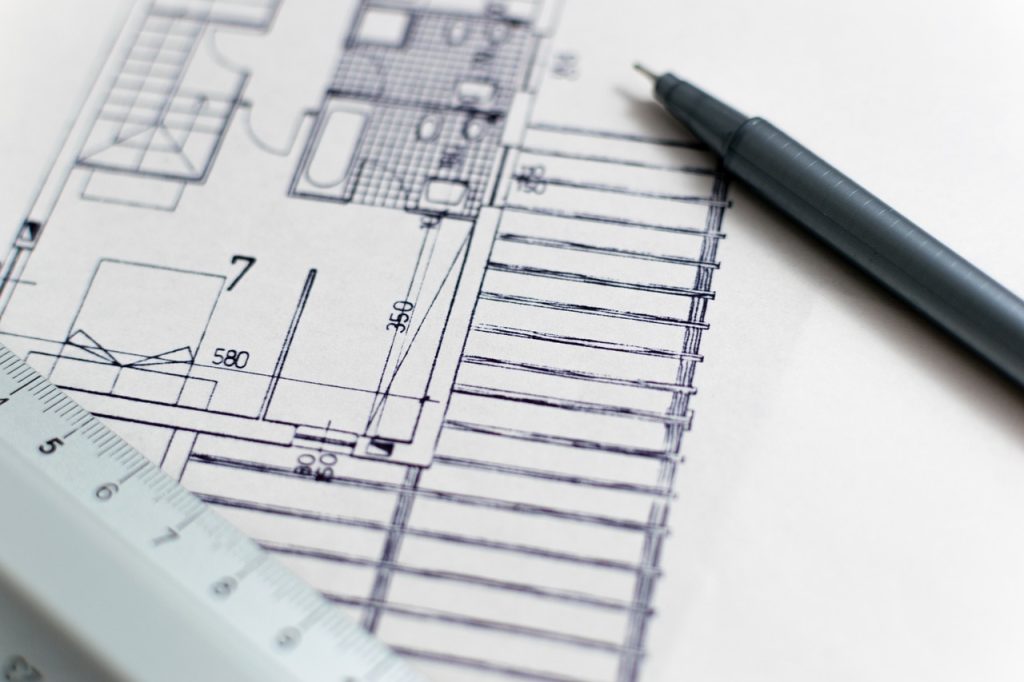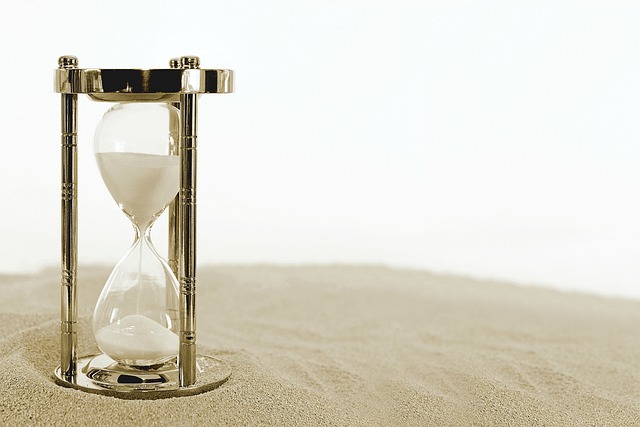If you’re considering buying a house that is planned or to be built in the Dominican Republic, there are additional considerations to keep in mind compared to purchasing a pre constructed house. Here’s what you need to know:
1. Developer Reputation: Research the reputation and track record of the developer responsible for building the house. Look for reviews, testimonials, and any past projects they have completed. A reputable developer is more likely to deliver a quality product on time.
2. Project Location and Infrastructure: Evaluate the location of the planned house and consider factors such as proximity to amenities, schools, transportation, and infrastructure. Assess the neighborhood’s development plans and potential for future growth.
3. House Design and Specifications: Review the house plans and specifications provided by the developer. Ensure that the design, layout, and features meet your preferences and requirements. You may have the opportunity to customize certain aspects of the house before it’s built.
4. Construction Timeline and Progress: Understand the expected timeline for construction and completion of the house. Clarify milestones and deadlines with the developer to track progress effectively. Delays are common in construction projects, so be prepared for potential setbacks.
5. Payment Terms and Financing: Discuss the payment terms with the developer, including deposit requirements, installment payments, and financing options. Make sure you understand the payment schedule and have a clear agreement in writing.
6. Quality and Materials: Inquire about the quality of construction materials and finishes that will be used in the house. Ask for details about the construction methods, warranties, and guarantees provided by the developer.
7. Legal and Regulatory Compliance: Ensure that the developer adheres to all legal and regulatory requirements for construction permits, zoning regulations, environmental standards, and building codes. Verify that the project has obtained necessary approvals from local authorities.
8. Contractual Agreements: Hire a lawyer or notary public to review the contractual agreements and purchase contract provided by the developer. They can help you understand your rights and obligations, as well as any potential risks or liabilities.
9. Inspection and Acceptance: Before finalizing the purchase, inspect the completed house to ensure that it meets the agreed-upon specifications and quality standards. Address any issues or discrepancies with the developer before accepting the property.
10. Maintenance and Homeowner Responsibilities: Understand your responsibilities as a homeowner, including ongoing maintenance, homeowners association fees (if applicable), and any community rules or regulations.
By considering these factors and conducting thorough due diligence, you can make an informed decision when buying a planned or to-be-built house in the Dominican Republic. Working with reputable developers and seeking professional advice can help mitigate risks and ensure a successful purchase experience.
Dominican Republic specific considerations
But, when considering buying a to-be-built house in the Dominican Republic, there are some specific considerations unique to the country’s real estate market and regulations. Here are a few additional points to be aware of:
1. Title and Land Ownership: Ensure that the developer has clear title to the land where the house will be built. Verify that the property boundaries are accurately defined and that there are no encroachments or disputes over land ownership.
2. Building Permits and Regulations: Confirm that the developer has obtained all necessary building permits and approvals from local authorities. Construction projects in the Dominican Republic must comply with strict regulations regarding safety, structural integrity, and environmental standards.
3. Infrastructure and Utilities: Check if the planned house will have access to basic infrastructure such as water, electricity, sewage, and roads. In some rural or undeveloped areas, utilities may not be readily available, so ensure that the developer has plans to provide these services.
4. Climate and Natural Disasters: Consider the local climate and potential risks of natural disasters such as hurricanes, flooding, or earthquakes. Ensure that the house design and construction methods are resilient to these hazards to minimize damage and ensure safety.
5. Resort and Gated Community Regulations: If the planned house is part of a resort or gated community, familiarize yourself with the rules, regulations, and fees associated with membership or homeowners’ association. These communities often have specific guidelines governing property use, maintenance, and shared amenities.
6. Residency and Citizenship: For foreign buyers, understand the residency and citizenship requirements associated with property ownership in the Dominican Republic. Purchasing real estate may qualify you for residency or citizenship under certain investment programs, so explore these options with legal advice.



